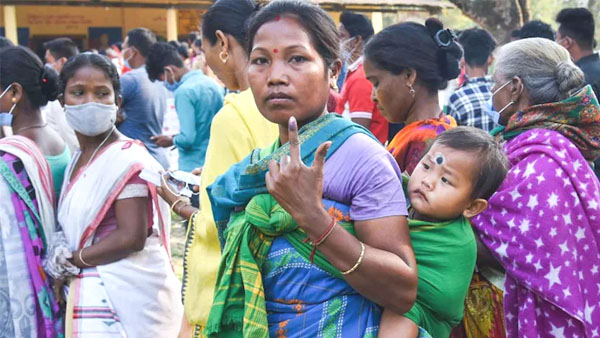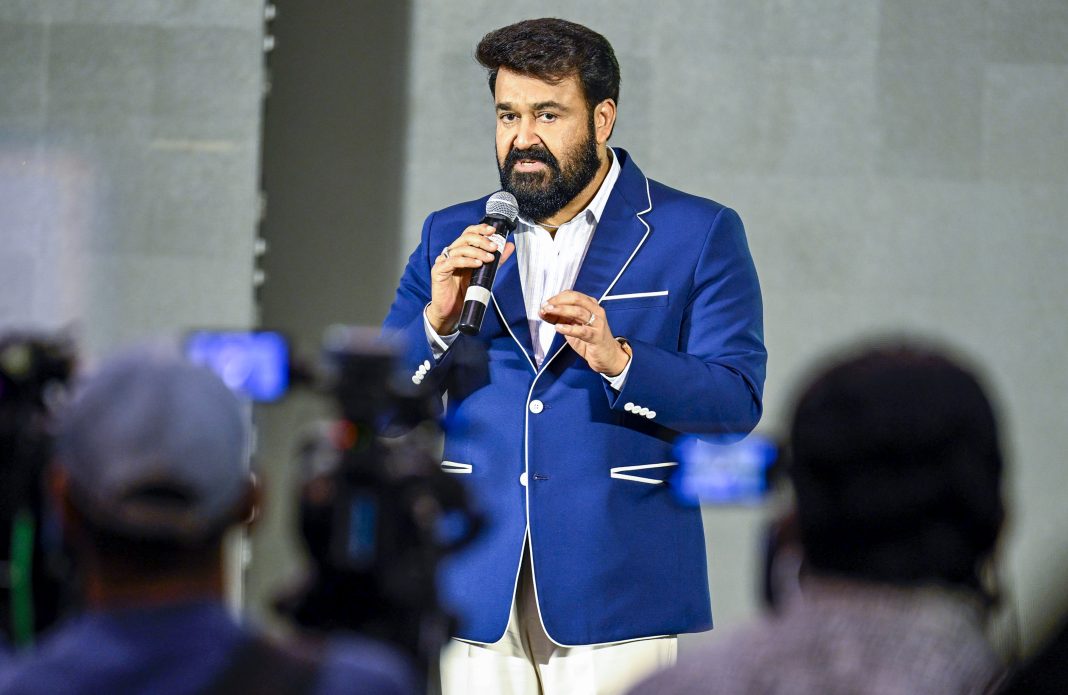Joya Saikia
The political empowerment of women in India’s North-East presents a complex narrative, shaped by the region’s unique socio-cultural fabric, historical nuances, and contemporary challenges. While the North-East has been lauded for its relatively progressive gender dynamics compared to other parts of the country, the political representation and empowerment of women in the region remain areas of significant concern. Examining the strides made, barriers faced, and the way forward offers a nuanced understanding of this critical issue.
A Historical and Cultural Context
The North-East of India, comprising eight states—Arunachal Pradesh, Assam, Manipur, Meghalaya, Mizoram, Nagaland, Sikkim, and Tripura—is a region defined by its ethnic diversity and vibrant cultural traditions. Many communities in the North-East follow matrilineal systems, as seen among the Khasis and Garos of Meghalaya, which grant women a significant degree of social and economic autonomy. However, this cultural recognition of women’s roles has not translated into proportional political empowerment.
Historically, women in the region have been at the forefront of resistance movements, societal reforms, and economic activities. Iconic figures like Rani Gaidinliu of Nagaland and Kanaklata Barua of Assam exemplify the strong leadership roles women have assumed during critical historical junctures. Yet, their contributions have often been overshadowed by patriarchal structures that dominate formal political institutions.
The Current Status of Women in Politics
Women’s participation in political processes in the North-East is notably low, both in elected positions and in decision-making roles within political parties. Across the eight states, the representation of women in legislative assemblies remains far below the national average. For instance, Nagaland witnessed its first-ever woman MLA only in 2022, decades after achieving statehood.
At the grassroots level, the implementation of the 73rd and 74th Constitutional Amendments, which mandate 33% reservation for women in Panchayati Raj Institutions (PRIs) and urban local bodies, has seen varying degrees of success in the region. States like Assam and Tripura have made strides in ensuring women’s participation in local governance. However, in states with traditional tribal councils, such as Nagaland and Meghalaya, customary laws often limit women’s involvement in decision-making processes, citing the preservation of indigenous traditions.
This dichotomy between constitutional provisions and customary practices highlights a significant barrier to women’s political empowerment in the North-East.
Barriers to Women’s Political Empowerment
The underrepresentation of women in politics stems from a confluence of socio-cultural, economic, and institutional factors:
Patriarchal Mindsets: Despite cultural nuances that recognize women’s roles, patriarchal attitudes persist, relegating women to secondary roles in political and public spheres. Political leadership is often perceived as a male domain, discouraging women from aspiring to such roles.
Customary Laws and Practices: In states like Nagaland and Meghalaya, customary laws often restrict women from participating in formal governance structures. For example, tribal councils dominated by male leaders wield significant influence over community decisions, sidelining women’s voices.
Economic Disparities: Economic dependence and lack of access to resources limit women’s ability to contest elections and sustain political careers. Campaigning requires financial backing, which many women in the region struggle to secure.
Political Party Dynamics: Women are underrepresented in leadership roles within political parties, often relegated to tokenistic positions. This limits their ability to influence candidate selection processes and party agendas.
Security Concerns: The prolonged history of insurgency and conflict in certain North-Eastern states has further discouraged women from engaging in politics, given the risks and challenges associated with public life.
Signs of Progress and Transformative Efforts
Despite these barriers, the North-East has witnessed several instances of women breaking political stereotypes and asserting their leadership:
• Grassroots Leadership: In states like Assam and Tripura, women leaders have emerged as effective administrators in PRIs, showcasing their capability to drive development initiatives.
• Civil Society Movements: Women-led organizations, such as the Naga Mothers’ Association (NMA) and the Meira Paibis of Manipur, have played pivotal roles in advocating for peace, justice, and community welfare. Their activism underscores the potential of women as transformative leaders.
• Increasing Awareness: Educational advancements and awareness campaigns have inspired more women to consider political roles, albeit at a gradual pace.
Moreover, efforts by NGOs, civil society groups, and international organizations have focused on capacity-building programs for women, equipping them with the skills and resources needed to participate effectively in politics.
The Way Forward: Strategies for Empowerment
The political empowerment of women in the North-East requires a multi-pronged approach, balancing constitutional mandates with cultural sensitivities.
Institutional Reforms: Strengthening the implementation of reservations for women in local governance bodies, even in states governed by customary laws, is crucial. This could involve dialogue with tribal leaders to ensure that women’s participation is seen as complementary to traditional practices, not a threat.
Awareness and Advocacy: Grassroots campaigns should challenge patriarchal norms and highlight the benefits of women’s leadership. Education systems must integrate gender sensitization to create a supportive environment for future generations.
Economic Empowerment: Providing women with access to financial resources, training, and entrepreneurship opportunities will enhance their ability to enter and sustain themselves in politics.
Capacity Building: Training programs focusing on leadership, communication, and governance skills can prepare women to take on political roles with confidence and competence.
Political Party Inclusion: Parties must proactively promote women to leadership positions and prioritize them as candidates in elections.
Leveraging Technology: Digital platforms can be utilized to amplify women’s voices, connect them with mentors, and provide resources for their political campaigns.
Towards Inclusive Governance
The political empowerment of women in India’s North-East is not merely a matter of representation but a pathway to more inclusive and effective governance. Women leaders bring unique perspectives to policymaking, often prioritizing social welfare, education, and health. By addressing the structural barriers that hinder their participation, the region can harness its rich cultural heritage and progressive gender ethos to create a more equitable political landscape.
Empowering women in the North-East’s political sphere requires collective action from governments, communities, and civil society. As the region continues to grapple with its challenges, the inclusion of women in leadership positions can serve as a catalyst for transformative change, ensuring that development is both sustainable and inclusive. This journey toward gender parity in politics is not just a regional imperative but a national aspiration, aligning with India’s broader vision of equality and empowerment.
(the writer can be reached at joyasaikia1990@gmail.com)




